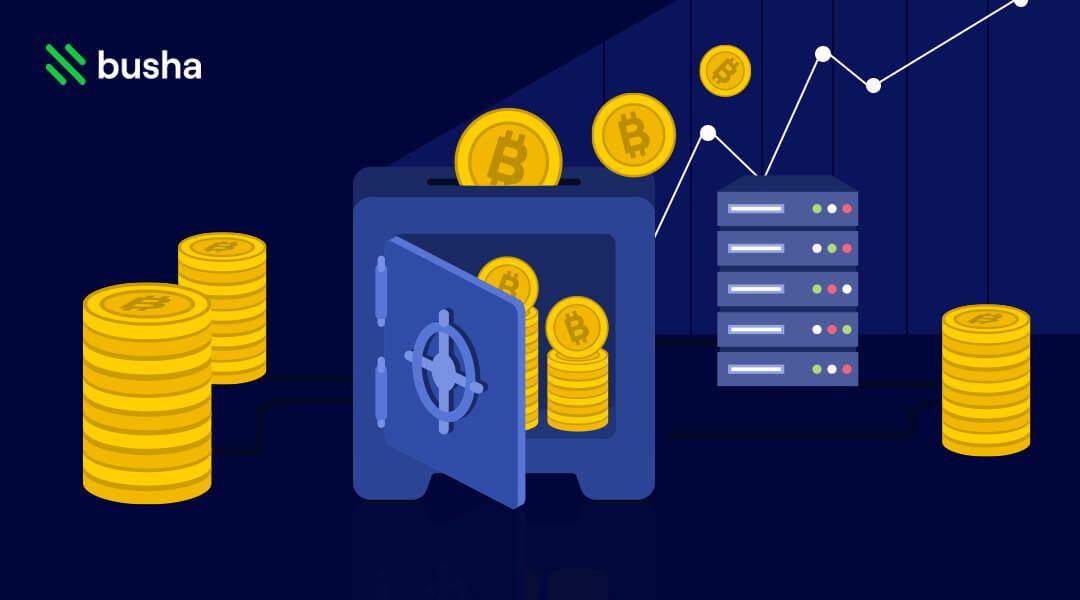
Crypto Explained #4: What Is Staking
“Uju and Kwaku both started a small blockchain network that allows users to verify data, and transactions and store information serially. Zulu network is home to over 1000 African users and operates as a decentralized system where users maintain, get rewarded, and vote as the network grows bigger. To ensure sustainability, performance, and scalability, Uju and Kwaku have decided to open Zulu to the public; ensuring that users contribute or give a certain amount of their personal assets to the network, in return, they get rewarded with more assets equitable to what was contributed and many other benefits.”
Understanding staking is one of the simplest blockchain activities that can be seen from the right-hand side of traditional financial institutions(in form of shareholders/stakeholders) to the far left side of everyday purchase of physical goods and services, as brands need consumers to buy manufactured products to increase and sustain market demand and supply, as well as marginal profits and expansion.
Staking is a method through which many cryptocurrencies and blockchain networks are operated. The process involves network participants committing a proportion of their own crypto asset to help the network verify all transactions and in return, earn rewards proportional to amounts they have staked.
Originally staking was used to describe a way that many popular blockchain-based cryptocurrencies verify their transactions and secure their network. In the process of verifying these transactions, validators were rewarded. Today, the focus of staking is merely an activity by investors/enthusiasts who only seek the returns of committing a certain amount to a pool, and are not necessarily concerned about the maintenance of the network. A typical case of traditional finance still setting undertones within new financial technology. While both sides are a necessity, decentralized finance (Defi) has well-traced survival roots through the process of staking within networks and cryptocurrencies
Benefits of Crypto Staking
As earlier mentioned, the major reasons behind the process of staking is to ensure network/cryptocurrency sustainability and performance as well as reward earning every time a task is completed.
Passive Income
“Givers never lack”, within the crypto ecosystem can be retitled as “Contributors never lack”. The process of staking ensures that participants get rewarded according to their contributed portions. Within a stake pool, which has several participants come together to equally carry out a task, the highest contributor takes the higher percentage when the rewards for a completed transaction/activity come in with the deduction of a commission fee or charge.
Blockchain Security and Efficiency
Blockchain/cryptocurrency networks require contributors to confirm and validate their transactions. The process of staking facilitates the efficiency of the protocol as well as its security as many contributors work to show the authenticity of a transaction (Proof of work) creating validity. It takes the staking process for blockchains to maintain the smooth running of operations within their platforms.
Portfolio/Holdings Growth
Staking still stands as one of the most unique ways crypto holders, investors, and even exchanges grow their portfolios with profits and asset ownership. Using an exchange, all users need to do is simply give a certain amount of their coins to a stake pool with little or no effort and finally get returns on their contribution.
Governance & Voting Rights
The decentralized nature of popular blockchain and cryptocurrencies; be it coins or tokens create an avenue for holders to be part of the decision-making process to activities and rules guiding the progress and advancement of a network.
Some of the best cryptocurrencies to stake include:
- Ethereum (ETH)
- Polkadot (DOT)
- StakeMoon (SMOON)
- Cardano (ADA)
- Solana (SOL)
- Polygon (MATIC)
- PancakeSwap (CAKE)
- Tezos (XTZ)
Did you find this article helpful? Leave a comment, share with friends, and remember to Download the Busha app for trending market news.

